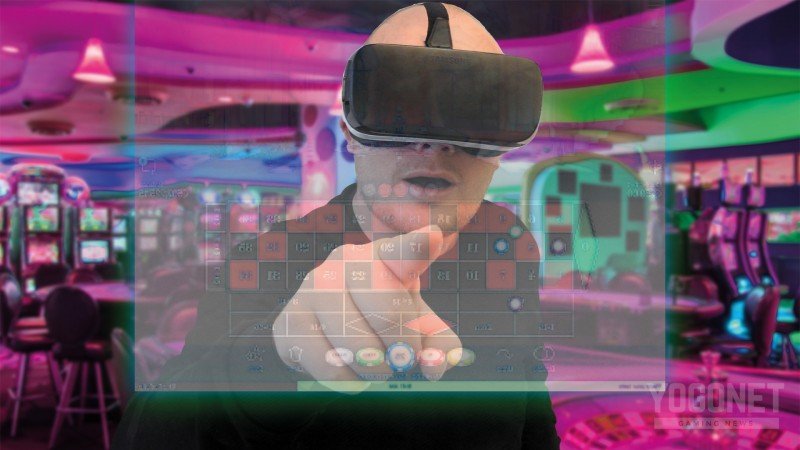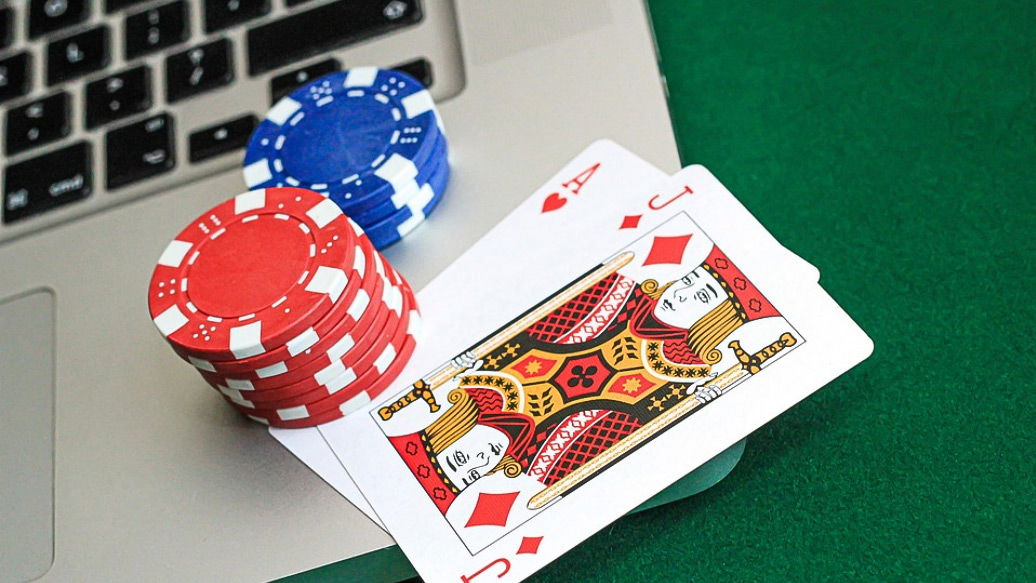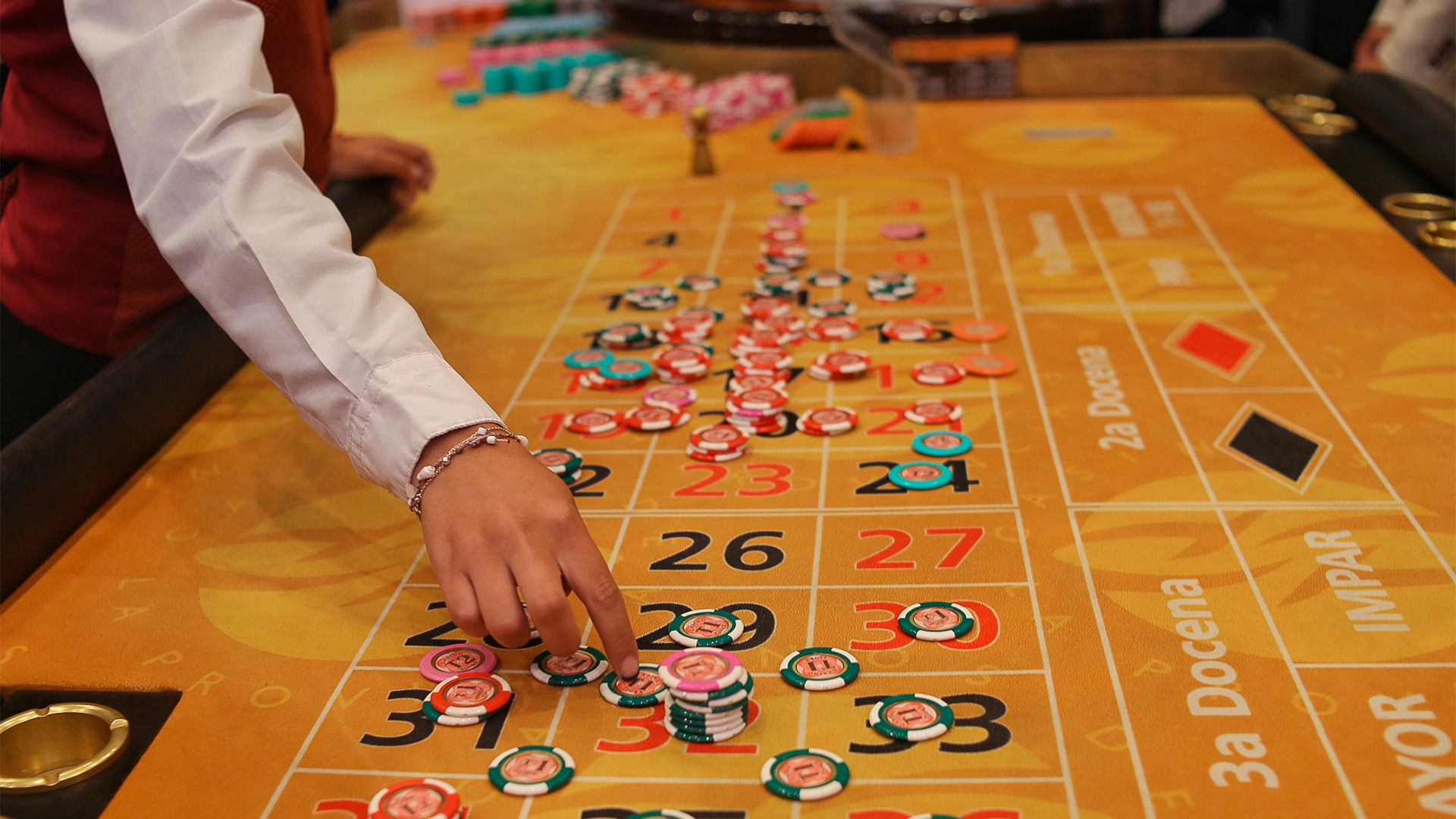Virtual reality: how demand for immersive experiences is driving forward iGaming

Ron Mendelson is the Director of Costa-Rica based International Business & Corporate Services consultancy firm, Fast Offshore. With over 24 years of real-world experience in iGaming Licensing and Payments, Regulatory Compliance, Tax-Efficient Corporate Structuring, Incubator and other Hedge Fund Licenses, Blockchain and Cryptocurrency related services, he advises a number of international clients on their business needs in the Americas, Europe, and beyond.
Virtual reality is the application of 3D graphics to a digital environment to simulate a real, or fantasy situation. In terms of gambling and gaming, it means that the artificial environment has been applied in-game, creating a playing experience that makes the user feel that they are immersed in the game itself. For example, VR applications in online casino games could simulate an entire casino including the gambling halls, tables, and even other gamers. At the simplest level, VR can be viewed on a mobile or computer device, but as technology progresses it will increasingly include wrap-around screens, VR headset and glasses, or even VR augmented rooms including sensory features like smell, temperature, and sound.
These types of gambling experiences are increasing in demand. Due to the current global situation and ongoing interest in remote gambling, VR is promoted as a way for players to experience enhanced gambling from the comfort of their home, or even mobile.
What are the projections for VR gaming?
The first-ever virtual reality casino launched back in 2015, quickly followed by the release of several VR slot games. Some of the biggest names in the online gambling industry have been working hard to incorporate VR technology and options for those interested in using it. In terms of its future popularity and sector growth, things look promising.
Overall, we know that the online gambling industry is witnessing a period of fast growth that is likely to continue for the foreseeable future. Driven by increased smartphone usage, more accessible internet, and the global rollout of 5G, more and more people are turning to online gambling from mobile devices. While desktop usage remains stable, it is believed that mobile gambling will be the most popular and lucrative sector going forward. Analysts predict that the online gambling industry will surpass $127.3 billion by 2021, with a CAGR of 11.5%.
When it comes to VR, the market value is expected to almost double in the next three years. According to ReportsnReports, the total global revenue is around $6.1 billion for 2021 and that is predicted to increase to over $20.9 billion by the end of 2025. These projections relate to the VR gaming sector as a whole, including non-gambling video games. Thanks to the COVID-19 pandemic, the technological advancements in mobile devices, and growing digitization, we can summarise that a chunk of this growth will belong to VR gambling.
Over the last few years, the demand for VR headsets and other VR equipment has increased by around 25% year-on-year. This is also likely to drive forward the demand for VR gambling.
Finally, statistics from Juniper Research predicted that VR gambling wagers could increase some 800% by 2024. This will see an increase from $58.5 million in VR bets in 2019 to just under $520 million by the end of 2021. They noted that the only possible thing holding back avid VR gamblers is the expense of VR equipment and will be limited to smartphone-compatible VR hardware.
What type of cool features are available in the market?
As previously mentioned, we have already seen the launch of VR casinos and VR slots. But as technology is advancing, we are seeing fully immersive VR experiences. For example, with VR goggles, you can enter a virtual casino, walk the floors, and sit down to play your favourite table games. At the slots, you can enter the theme and world of the game, as the reels seem to spin right in front of your eyes. Players can also create avatars which represent them in-game and can interact with other players in real-time.
We are also seeing the rollout of games where the environment is real, but elements of the game are superimposed via VR onto it. This is a popular version of VR integration as it doesn’t require expensive headsets and equipment.
In the future, users will be able to custom build and customise their gambling environment, essentially building their own casino. They will immerse themselves completely and will be able to touch, smell, see and hear everything as if they were there.
What type of gaming operators can use this technology?
VR will eventually be utilised by all kinds of gambling operators. First and foremost, it’s in demand with an online casino and slot operators who can easily create immersive gaming options. These include VR table games and slots as well as lotto, scratchers, and other popular casino games. Virtual Reality already has a place with the gamers in the eSports sector, but it could potentially be utilised in the gambling side of the sport. Users could view the tournament in real-time while placing bets via VR. This could also be adopted for general sports betting, providing an exciting alternative to the options available at the moment.
What about licensing?
Currently, there are no additional licensing requirements for operators that want to incorporate VR into their business model. Operators will require regular licensing from the authorities in the jurisdiction they will be based in, plus any additional permits for game type. VR, however, isn’t regulated in terms of licensing so platforms can incorporate it without additional hassle. There may be cases you need to notify the licensing authority that you are offering VR but this can be checked with your corporate service provider on a case by case basis.
The figures and predictions show that VR and online gambling are both big growth segments. The demand is there, now it’s up to providers to find effective, efficient and accessible ways for their customers to experience virtual reality when they gamble.

















































